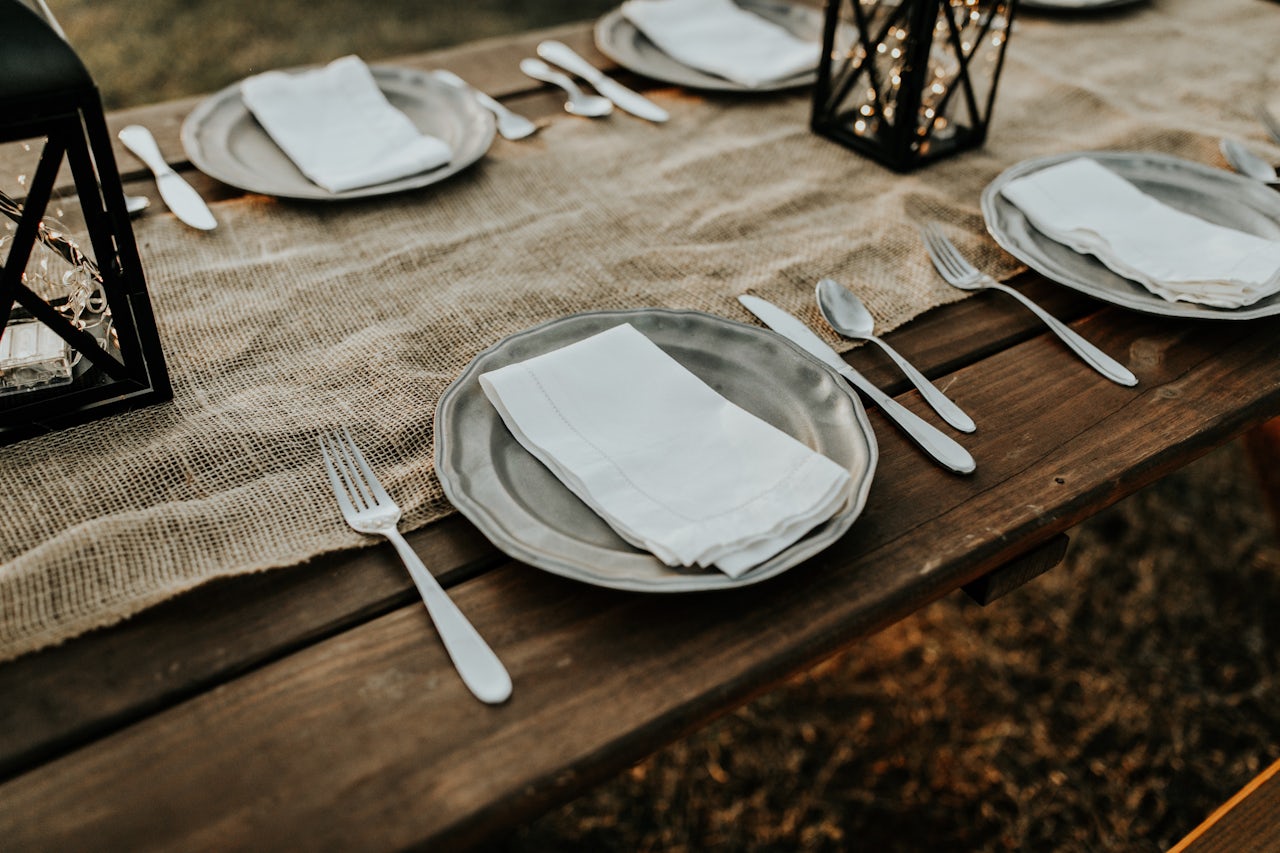When Jeffrey Epstein, sex trafficker and professional friend of the rich and powerful, was found dead in his jail cell at the Metropolitan Correctional Center in Manhattan this past August, I was in the Adirondacks with my family. My dad woke me up with the news that Epstein had died, and I promptly spent the day unable to form coherent sentences (it did not help that I was reading a book about the CIA’s connections to the Manson family).
That night, we were set to attend dinner at the home of some family friends of ours, one of whom had supported Donald Trump’s bid for the presidency. I was concerned: I had serious Epstein brain, and I worried that our hosts would think that not only was I a deranged communist (a more common perspective), but that I was some conspiracy-obsessed wacko.
My fears were unfounded. These friends were similarly awestruck by both Epstein’s crimes and his death, and they felt sick reading about what had happened to the young women who Epstein and his pals had trafficked. Though the politics of those gathered around the dinner table could hardly be more different from one another, this didn’t appear to matter: Epstein’s death and the twisted acts he committed during his life were similarly horrifying and engrossing to us all.
My story may be of some use this week. Thanksgiving, according to the dunderheads who type words on the internet for living (like me), is a time of family strife in America. The effects of our polarized political climate are felt acutely downstream, and never more so than at the one time of year when Americans, seemingly of every class stratum and ethnic or racial background, gather at a table together with their (so-called) loved ones, and talk to each other about things they don’t agree on.
One approach to Thanksgiving is to try and “win” any dinner table argument, which despite what many publications tell you, is an awful idea. I have never encountered someone whose perspective on anything (aside from the taste of turkey) radically shifted after a Thanksgiving meal. Instead, here is my suggestion: talk about Jeffrey Epstein at Thanksgiving.
I do not mean this as an invitation to be excessively ironic about the awful things Epstein did. The man groomed teenagers for sex with him and his friends (which allegedly included people like Prince Andrew and Harvard Law professor Alan Dershowitz), and he conspired with prosecutors to get out of his crimes with effectively a slap on the wrist. Epstein was a monster. He ruined countless lives. Any even vaguely serious-minded discussion of Epstein at Thanksgiving requires acknowledging this; if you are aware that family members would not care to discuss Epstein for numerous very valid reasons, do not bring it up. Instead, feel free to instead make the case that Stevie Wonder isn't blind, or that climate change will be a serious concern for the Bigfoot population.
But there are many reasons that Epstein might not tear your dinner apart, if you really are looking to have a charged conversation at Thanksgiving. For one, his friendships ran deep within both parties: Trump once called him a “terrific guy,” and Bill Clinton took multiple flights with Epstein on his private plane. Another point is that, aside from Epstein’s personal connections, the topic has yet to come up as an issue related to impeachment, the 2020 election cycle, or any of the other national political stories of the day. Not a single Democrat has been asked about Epstein at one of the interminable debates during this primary.
But Epstein’s real unifying dimension is the murkiness of his death which, absent compelling evidence proving otherwise, appears to have come by his own hands in his cell. The guards tasked with watching him seemingly failed at their jobs (they have since been charged in court), and a camera “malfunction” eliminates one obvious avenue of acquiring hard evidence about what happened.
The darkly universal appeal in suspecting something was amiss when Epstein died — a recent survey shows that 45 percent of Americans think he was murdered, to 16 percent who believe he killed himself — comes from the fact that it’s practically an American tradition for our national catastrophes to be shrouded in mystery.
To this day, it remains unclear why Lee Harvey Oswald shot John F. Kennedy, or why Charles Manson was released from custody multiple times before his followers murdered at least seven people. Journalistic truth (rightly) requires a high standard of proof in order to be established; gray areas left by sealed or burned archives, government red tape, and mysterious deaths can make it difficult to conclusively establish a series of events. This is the stuff of The X-Files or even more substantial works like Don DeLillo’s Libra (a fictional portrayal of the JFK assassination and aftermath), where compelling fiction is created to fill in chasmic gaps in truth.
But the Thanksgiving table does not require Spotlight-like investigation, as for good conversation, simply having a shared value system will suffice. And these days, a rightful suspicion of the “official line” more than satisfies. Though our country and our Thanksgiving tables may be divided, perhaps hopelessly so, one great truth reigns supreme: it’s hard to know what to believe at all anymore.
